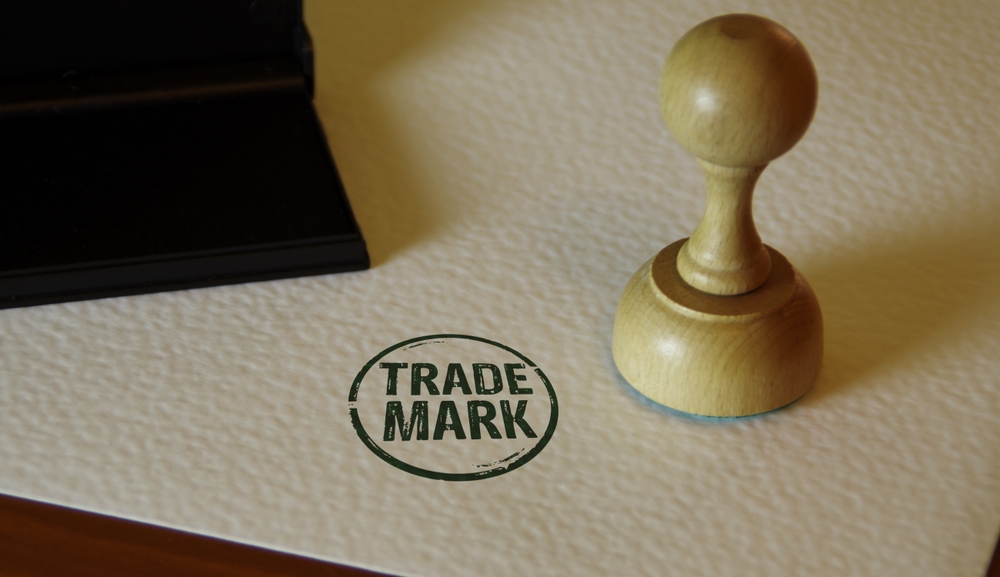Oat to Reality – the dispute between PureOatly and Oatly
You may have recently read in the news about the UK dispute between PureOaty and Oatly.
Trends are driven by a host of factors. The benefits of non-diary products are well known whether they are for dietary reasons or to save the planet, cows apparently are not the most efficient converters of inputs (grass and feed stuffs) into product (milk, cheese etc.).
At one time the level of dairy products consumption was an indicator of a countries affluence but now it is an indicator of the contribution to global warming so now there are a plethora of alternatives which typically are nut based (almond etc.) or grain based (oats etc.). It is big business and presumably highly profitable.
The fundamental point is that the supplier wants to tell the consumer what they have got. It is a reality of life and a commercial necessity. In terms of trade marks, the system is designed so that no one gets a monopoly in a descriptor. As if to stop someone from describing their cabbages as green or crisp or for that matter as just cabbages. Similarly, your product includes or is derived from oats.
Problems arise when an originator thinks they have created a whole new market. 20 – 30 years ago, outside of specialist outlets, the availability of nut based or grain-based dairy alternatives was low and could not be described as main stream. Now the supermarket shelves are bulging with such products after celebrity endorsements and there is competition, real competition!
PureOaty vs Oatly
The dispute revolved around whether a trade name PureOaty was similar enough at least in the English language to infringe the registered mark Oatly. The common element is ‘oat’ and the common factor between the products is that they are oat based non-dairy alternatives. There was also a difference in size and turnover between the undertakings. One (the bigger entity) seemed to be claiming almost exclusive rights to the English descriptor ‘oat’ – the word ‘oat’ translates into different languages, and so different results.
The situation highlights several issues some pleaded and some not around scope of protection and the international nature of business. Fundamentally, oat to describe oat milk in English is and was confirmed to be available to all. The situation here is the missing ‘l’ between Oaty and Oatly along with the nature of invented words. Oaty to most English speakers would suggest an Oaty taste, like wine or a breakfast cereal has an oaty taste, whilst Oatly is a less natural construction.
It can be seen why the major player was concerned that visually there is only an ‘l’ missing and probably in a non-English speaking country the result might be different. These issues are not black and white. Advice is needed to assess the risk, but it seems both sides became entrenched early in the proceedings.
If the major supplier of Oatly milk made an offer to settle which was refused as this in terms of costs in the UK proceedings would overshadow any victory by PureOaty.
We have a specialist Trade Marks team, find out more here.




